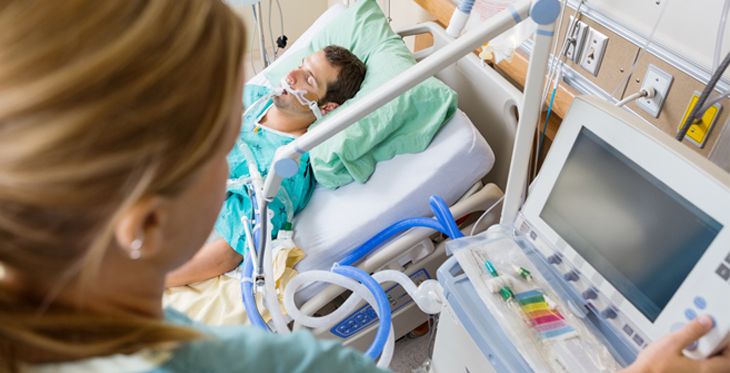
Critical Care
Respiratory failure, Organ failure, Multiorgan failure. ... Intensive care medicine orcritical care medicine is a branch of medicine concerned with the diagnosis and management of life-threatening conditions requiring sophisticated organ support and invasive monitoring. Critical care helps people with life-threatening injuries and illnesses. It might treat problems such as complications from surgery, accidents, infections, and severe breathing problems. It involves close, constant attention by a team of specially-trained health care providers. Critical care usually takes place in an intensive care unit (ICU) or trauma center. Monitors, intravenous (IV) tubes, feeding tubes, catheters, breathing machines, and other equipment are common in critical care units. They can keep a person alive, but can also increase the risk of infection. Many patients in critical care recover, but some die. Having advance directives in place is important. They help health care providers and family members make end-of-life decisions if you are not able to make them.